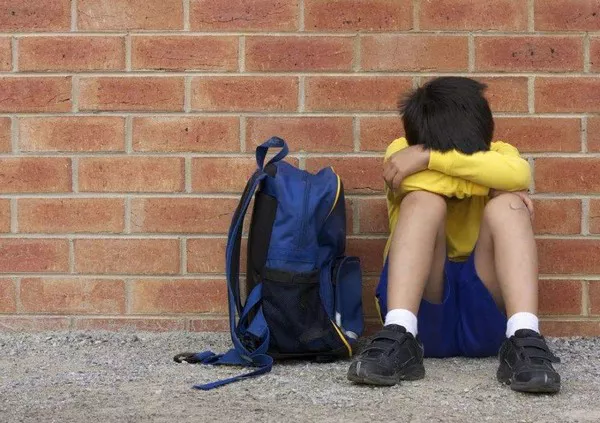A month of relentless bombardment in densely populated civilian areas has exacerbated the already critical mental health crisis among Gaza’s children, leading to far-reaching consequences. The ongoing violence has stripped away coping strategies and safe spaces, and mental health services and support have been disrupted, warns Save the Children.
Over the past month, the toll on children has been devastating, with 4,008 children killed in Gaza, another 1,270 children missing and presumed buried under the rubble. Additionally, 43 children have lost their lives in the occupied West Bank, and 31 children have been killed in Israel. Reports also indicate that around 30 children are being held hostage. The humanitarian organization is deeply concerned about the physical and emotional well-being of children in the entire region, including the West Bank and Israel. It stresses that children’s mental health in Gaza has been pushed beyond the breaking point.
Israeli airstrikes have targeted numerous civilian areas in Gaza over the past month, including schools and hospitals that sheltered families. The violence, fear, grief, and uncertainty have caused severe mental distress to children who have nowhere safe to turn. The Ministry of Health in Gaza reports that 444 families have lost two to five members to violence in the last four weeks, with 192 families losing 10 or more members. Many children are now without family support, a crucial coping mechanism for children experiencing trauma. Medical professionals have even coined a new acronym, “WCNSF” (Wounded Child No Surviving Family), to identify children in this heartbreaking situation.
Save the Children’s mental health experts stress that the ongoing hostilities in Gaza are exposing children to extremely traumatic experiences while depriving them of essential coping mechanisms. There are no safe places, no sense of security, and no routine. Thousands of children have been displaced from their homes, and caregivers, grappling with their own stress, struggle to help children deal with the emotional reactions typical of young people traumatized by violence. Under the current conditions in Gaza, children are displaying signs and symptoms of trauma, including anxiety, fear, worry for their safety and that of their loved ones, nightmares, insomnia, bottling up emotions, and withdrawing from loved ones. The relentless and compounding trauma leads to these symptoms day by day.
Yousef, a Save the Children staff member in Gaza and a father of three children under 10, shared his perspective: “There is a lot of loss and a lot of pain. We are fearful: of what the coming hours will bring, of what tomorrow will bring. Death is everywhere. My children look into my eyes every day; they are searching for answers. I have no answers for them. It is very hard, especially for children. We try to pull ourselves together to support and protect children. The needs are huge.”
The lives of children in Gaza have been marked by severe deprivation, cycles of violence, and restrictions on their freedom since the imposition of the land, air, and sea blockade in 2007. A report from Save the Children in June 2022 revealed that children’s mental health was already at a breaking point, with 80% of children reporting feeling perpetually fearful, worried, sad, and grief-stricken. Three-quarters of children were experiencing bedwetting due to fear, and an increasing number were exhibiting reactive mutism.
Jason Lee, Save the Children’s Country Director for the occupied Palestinian territory, emphasized the dire situation: “In times of war, people usually seek refuge in safe places. There are no safe places in Gaza right now, and there is no way of reaching safety outside. With a sense of safety, the constant reassuring presence of family, some kind of a routine, and appropriate treatment, children can recover. But so many children have already lost family members, some have lost all, and the violence and displacement is relentless.”
The international community must act swiftly to support a ceasefire and ensure that all parties involved respect International Humanitarian Law. Save the Children pleads for an immediate ceasefire, as every day of violence deepens physical and mental scars for children, potentially pushing their mental health beyond recovery.
All children in the region have the right to protection. It is crucial for the international community to act urgently and work towards a ceasefire, as well as to ensure the respect of International Humanitarian Law by all parties involved.


























